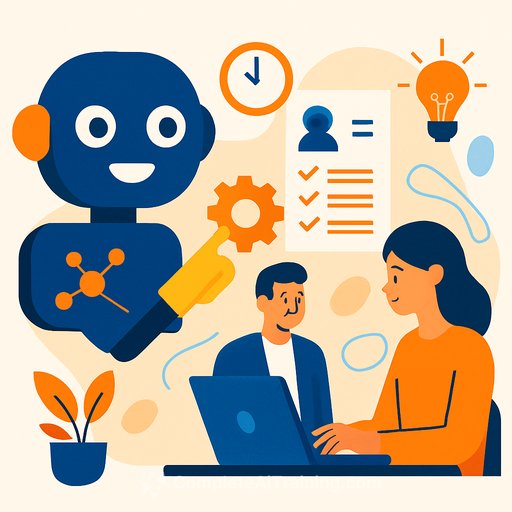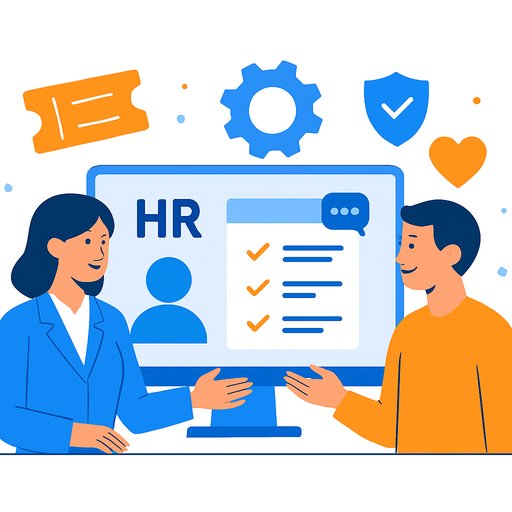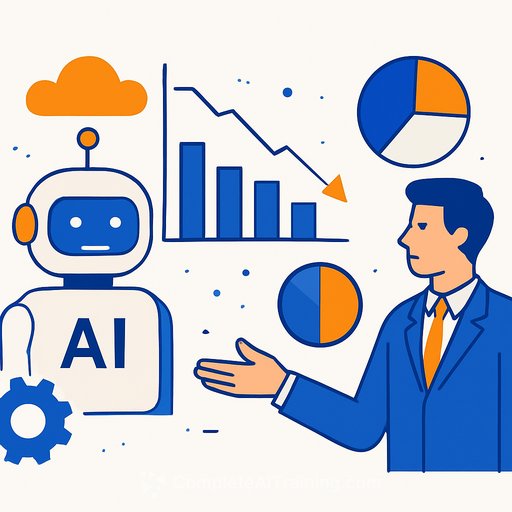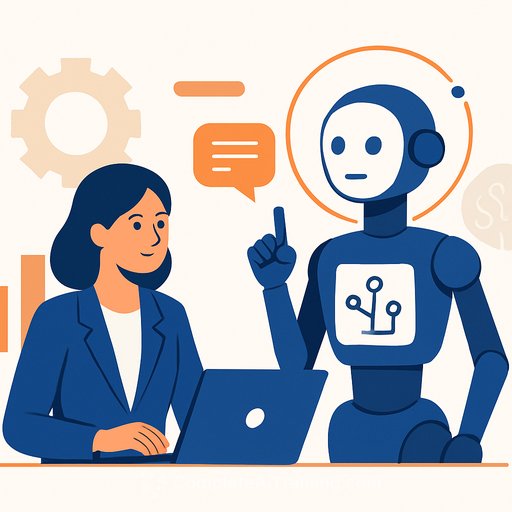The rise of artificial intelligence is reshaping human resources, as shown by IBM's recent experience. The company automated routine HR tasks, replacing hundreds of HR employees, but then expanded hiring in areas demanding critical thinking like programming, sales, marketing, and software engineering. Their AskHR AI agent now handles 94% of routine inquiries such as pay statements and vacation requests, freeing HR teams to focus on more strategic roles.
Automation Moves Beyond Routine Tasks
Automation has traditionally targeted repetitive work, but AI is now taking on non-routine tasks that require judgment and creativity. Ozgur Turetken, a professor of IT management, explains that knowledge workers—once considered safe from automation—are now facing an uncertain future. The unpredictability of AI-driven decisions challenges HR professionals to adapt continuously.
Unlike traditional automation, AI systems can behave in unexpected ways because their training data and models create outcomes no developer can fully predict. This makes it crucial for HR teams to understand that AI suggestions are not infallible and require ongoing oversight.
Practical Automation in HR: The Nelson Education Example
HR leaders like Samara Cazes at Nelson Education use “robot sidekicks” to automate administrative work and improve efficiency. For instance, their onboarding workflow automatically sends timely emails to hiring managers, guiding them through the onboarding process. This automation reduces manual tasks and enables HR teams to focus on talent development, employee engagement, and strategic planning.
However, Cazes emphasizes that the human touch remains essential. Interviews, orientations, and direct candidate interactions still require human involvement to maintain quality and personalization.
Continuous Improvement is Key
Automation isn't a “set-it-and-forget-it” solution. Nelson Education’s HR team learned that continuous iteration is necessary to keep automation relevant and effective. A generic, one-size-fits-all approach can backfire—template emails not aligned with specific roles or needs may confuse employees or managers.
Investing time upfront to build customized, personalized automation workflows saves time and frustration later. Constant monitoring and user feedback are crucial to avoid counterproductive results.
Challenges in Integration and Adaptability
Sarem Yesus, Executive Director of People and Engagement at Nelson Education, highlights the need for flexibility. HR workflows and automations must be frequently updated or redesigned to reflect organizational changes. What worked three months ago may no longer be relevant today.
Another hurdle is ensuring different AI systems communicate effectively. Cross-system reporting can be complex, requiring collaboration with analysts and business systems teams to provide accessible, reliable data for decision-making.
Beyond efficiency, automation allows HR teams to take on more strategic roles. By removing repetitive tasks, HR can focus on business outcomes, employee satisfaction, and culture development.
Yesus notes that HR has evolved from an administrative function into a business partner role. AI tools support this shift by freeing HR professionals to engage at the core of business strategy rather than simply executing decisions.
Approaching AI with Care and Collaboration
Turetken advises organizations to adopt a cautious, evidence-based approach when implementing AI. Testing AI thoroughly before deployment is essential to avoid unintended consequences that could disrupt employees and operations.
Using techniques like “digital twins” during testing may seem costly but prevents real-world disruptions. He also stresses the value of partnerships between companies and academic researchers, which can help organizations stay informed about AI advances while minimizing risks.
HR plays a vital role in guiding organizations through these changes by managing training and helping employees adapt. Rather than resisting technology, HR should embrace AI as a tool to enhance their contributions and prepare the workforce for ongoing transformation.
For HR professionals interested in deepening their AI knowledge and skills, exploring specialized courses can be valuable. Resources such as Complete AI Training’s latest AI courses offer practical learning paths tailored for various job roles.
Your membership also unlocks:






